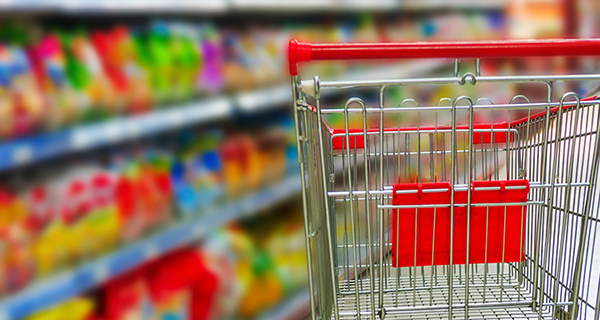
Private label’s value market share in Europe fell by 0,6 per cent points to 38, 3% in 2015, compared to the previous year as a share of the total FMCG market, a study by market intelligence firm IRI has found . This highlights both a downward trend and the fact that retailers and manufacturers are struggling to cope with challenging market conditions, including pressure from a growing discounter channel, as well as national brands pumping large amounts of money into promotions. “The report presents an interesting picture, despite a decrease in private label value and unit market share overall,” comments report author, Tim Eales, Director of Strategic Insight at IRI. “Economy ranges are facing big challenges – not least from the discounters but also in the minds of shoppers who tend to equate ‘economy’ with ‘low quality’ – it seems that premium private label is actually growing. This is where retailers should be focusing their attention in order to win shoppers hearts’ and minds when it comes to own”.
Supermarkets are losing private label sales to the discounters, primarily from the economy end of their private label ranges – The IRI report also highlights that retailers and manufacturers focus on cutting their range and assortment for higher performing categories, brands and point of sales. Indeed, private label market share measured by pack sales also dropped by 0,5 points to 47,4 per cent last year. “We’ve seen an overabundance of products on the shelves across many of the countries” – as we can read in the study- “There is simply too much choice for the average consumer today, and private label is often the victim of cuts to the number of products that appear on store shelves,”. So what’s the right strategy to overcome momentum? As Tim Eales, director of strategic insight at IRI, pointed out “Retailers need to put in place the right strategies to help them focus on what shoppers want, but also to understand the impact of their decisions when it comes to reducing assortment and range, whether that’s private label or national brands.” Price wars, promotions and shopper behavior are all challenging the role of private label on the shelf.
The story for private label tends to differ from country to country – The report analyses private label sales trends and price and promotions across six countries in Europe (France, Germany, Italy, Spain, the Netherlands and the United Kingdom), as well as in the US and Australia. In particular, the study found that the UK is the market with the strongest penetration of private label (51,8 per cent), however the value share of the market has been down year on year, by 0, 4 points. In Germany, too, private label is decreasing (-0,8 point in value share), although it remains high, with a value market share and a unit market share of 38,4 per cent and 50, 9 per cent, respectively. In Spain, where shoppers perceive national brands to be higher-quality products, private label has also seen a degree of stagnation. The outlook is more positive in Italy, however, where the sector has grown, thanks to investment in premium-price private-label assortments at major retailers.
